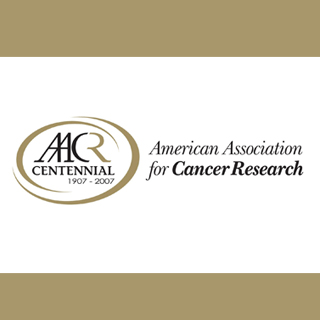
At the time of the study, experts scrutinized self-reported data of 419 patients with glioma and 612 cancer-free patients on medically diagnosed allergies and antihistamine usage. None of the study controls were registered with a history of brain tumors, neurodegenerative disease or any cancers. It was suggested that allergies are associated with glioma risk. Participants were subjected to a web-based or telephone survey, to question whether they were medically diagnosed with allergies or asthma at least two years prior to the survey.
If so, then the age of diagnosis was asked along with the number of individual allergies within each of the following groupings, namely seasonal, pet, medication, food and other. The survey encompassed details on regular medication use two years or more before the survey, and information on specific medication brands, frequency as well as duration of usage. It appeared that allergies protect and offer a minimized risk of glioma. Scientists mentioned that the age of allergy identification and years since diagnosis were not linked with glioma risk.
Employment of antihistamine, including diphenhydramine hydrochloride seemingly failed to influence glioma risk separately from the effects of allergies. If Bridget McCarthy, Ph.D., a research associate professor of epidemiology at the University of Illinois at Chicago School of Public Health and colleagues are to be believed, then the immune system of allergy sufferers is correlated with the chances of developing glioma. Further investigations can be carried out to further understand the apparent relationship between allergies and antihistamine usage with brain tumor development.
The study is published in Cancer Epidemiology, Biomarkers and Prevention.
